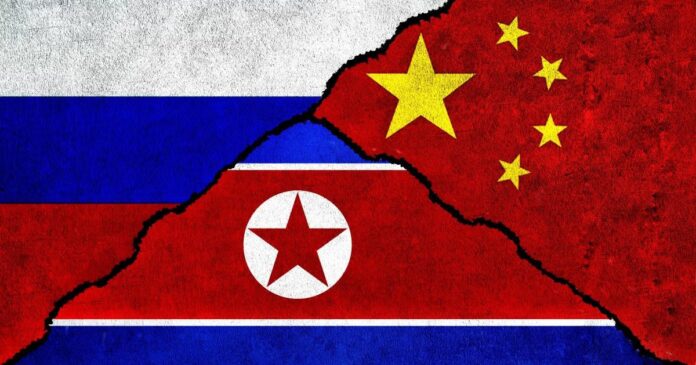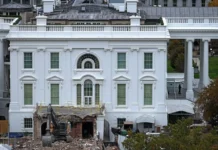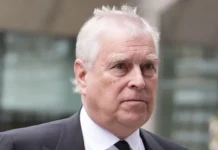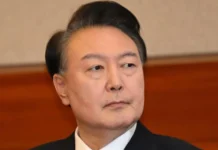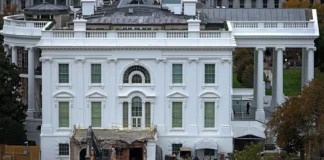Written by Lisa Murimi
The rare sight of Chinese President Xi Jinping, Russian President Vladimir Putin, and North Korean leader Kim Jong Un standing side by side at Beijing’s Sept. 3 military parade has raised alarms in Western capitals about a potential “autocratic alliance.” Yet analysts and diplomats caution that despite the optics, deep divisions remain between the three powers.
The European Union’s foreign policy chief, Kaja Kallas, described the gathering as evidence of a strengthening authoritarian bloc.
Japan’s outgoing Prime Minister Shigeru Ishiba also warned the spectacle underscored growing security threats in Asia. But experts say the trio’s cooperation is limited.
“There was no formal trilateral summit,” noted Jenny Town of the Washington-based 38 North project.
“China did not seem to be signalling that formal three-way cooperation is starting.”
Instead, Xi held separate one-to-one meetings with Putin and Kim, underlining that their ties are often transactional.
Victor Cha of the Center for Strategic and International Studies argued the display was less about forging a new order than about “opportunism and self-interest.”
A U.S. diplomat in Asia added that while the three states differ on policy, they are united in opposing the U.S.-led international system.
On the economic front, Putin touted a binding memorandum with China on a vast Siberia-to-China gas pipeline.
Yet Beijing conspicuously omitted mention of the project, reflecting unresolved disputes over pricing and terms. Similarly, Russia’s push for greater access to China’s markets including wheat exports and bond issuances remains uncertain.
For North Korea, the Beijing meetings provided Kim with valuable political cover and potential economic lifelines.
China’s readout notably dropped references to “denuclearisation,” a concession analysts say boosts Kim’s standing. However, sensitive issues such as North Korean workers in China remain unsettled.
The timing also intersects with U.S. politics. Former President Donald Trump, seeking re-election, accused Xi, Putin, and Kim of “conspiring against him,” while U.S. officials signaled Washington would “re-evaluate” its stance.
Trump is expected in South Korea for the APEC summit in late October, raising speculation of potential talks with Xi.Despite the rhetoric, analysts stress that China, Russia, and North Korea remain far from forming a NATO-style bloc.
Their cooperation is driven less by shared long-term strategy than by short-term efforts to counter U.S. influence.









